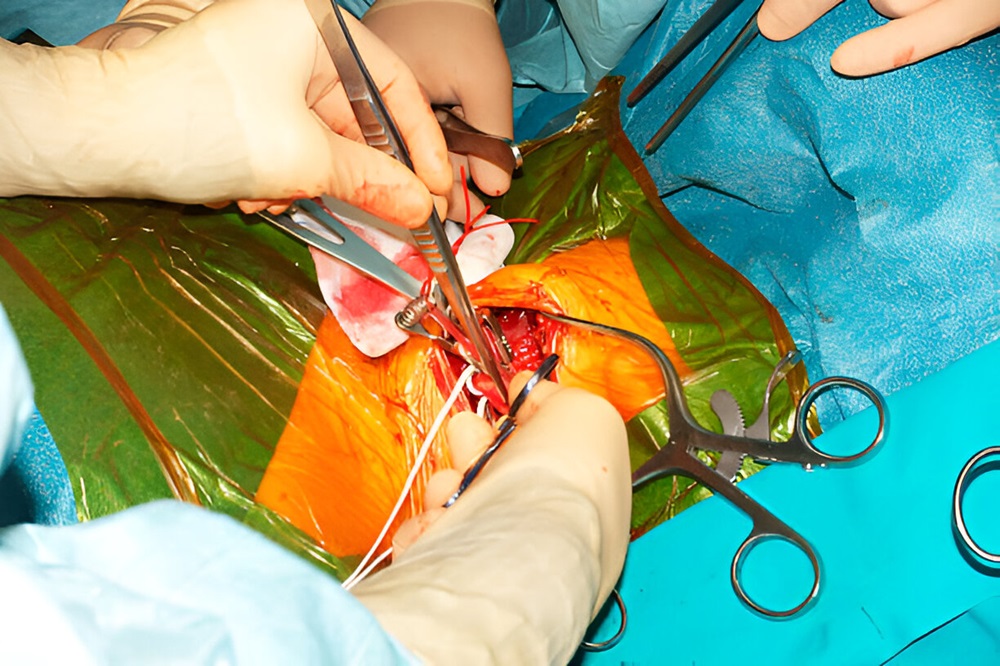Understanding Splenectomy – Essential Knowledge for Doctors
Contents
Splenectomy is a surgical procedure focused on spleen removal. The repercussions of this process can be significant to a patient’s health and well-being if there is a minor mistake. Doctors must possess a broad understanding of the spleen removal procedure, including its symptoms, risks, surgical techniques, patient eligibility, postoperative management, and possible long-term concerns.
Not just new but even experienced doctors need constant research and professional development in Splenectomy. E-learning platforms like Webop dedicated to offering resources associated with general and visceral surgery, thoracic surgery, and vascular surgery will help to promote doctors’ knowledge, which will enable them to give their patients better care.
Let’s explore the essential aspects that doctors need to learn about spleen removal surgery to ensure optimal patient care and results.

Spleen Structure and Working
Doctors must have in-depth knowledge of the spleen’s structure, location, and biological functions.
The spleen is responsible for –
- Hematopoiesis
- Immunological responses
- Blood filtration
- Storage of red blood cells.
This knowledge will allow the surgeon to understand the consequences of its removal.
Why opt for Splenectomy?
Doctors must be aware of the various medical conditions that may require spleen removal surgery.
Some common indications include –
- Traumatic injury
- Hematological disorders
- Malignancies (e.g., splenic tumours, lymphomas)
- Certain infections (e.g., splenic abscesses, overwhelming post-splenectomy infections
Understanding these indications aids in choosing the eligible patient and timely intervention.
[irp posts=”1152″ ]
Preoperative Evaluation and Patient Selection
Doctors need to evaluate if the patient is suitable for spleen removal surgery or not.
Preoperative evaluation includes the patient’s –
- Medical history
- Comorbidities
- Immune status
- Current medications
Adequate screening for potential risks [severe infections or compromised immune function] is critical to ensure patient safety and minimize complications.

Surgical Techniques
Familiarity with the various surgical approaches is crucial for doctors.
The techniques used are –
- Open splenectomy
- Laparoscopic splenectomy,
- Robotic-assisted splenectomy
Each technique has its pros and cons, so doctors need to have deep knowledge about them. It will help them make informed decisions and select the most appropriate technique for individual patients.
Perioperative Management
Doctors need to have a comprehensive understanding of perioperative care for patients’ recommended spleen removal surgery. This includes optimizing preoperative conditions, ensuring appropriate antibiotic prophylaxis, managing pain, monitoring for potential complications (e.g., bleeding, infection), and promoting early mobilization.
Additionally, doctors should be knowledgeable about blood product transfusion protocols, especially in patients with underlying hematological disorders.
Postoperative Considerations
After spleen removal, patients are susceptible to certain short-term and long-term complications.
Doctors must be vigilant in identifying and managing these potential issues.
- Short-term problems may include postoperative bleeding, wound infections, or subphrenic abscesses.
- Long-term complications may involve an increased risk of certain infections, thromboembolic happenings, or metabolic imbalances.
With deep knowledge about potential complications, the doctor will capably apply appropriate preventive measures, inoculations, and long-term follow-up care.

Patient Education and Counseling
Spleen removal surgery has its set of challenges and the doctors play a pivotal role in educating patients about it and promoting proactive self-care.
They will provide
- Guidance on infection prevention measures
- Recognizing the signs and symptoms of potential complications
- Stressing the significance of regular follow-up visits.
Patients are equipped with proper knowledge, which empowers them to actively participate in their healthcare and make informed decisions.
A thorough understanding of spleen removal is indispensable for doctors to provide optimal patient care.













Post Comment